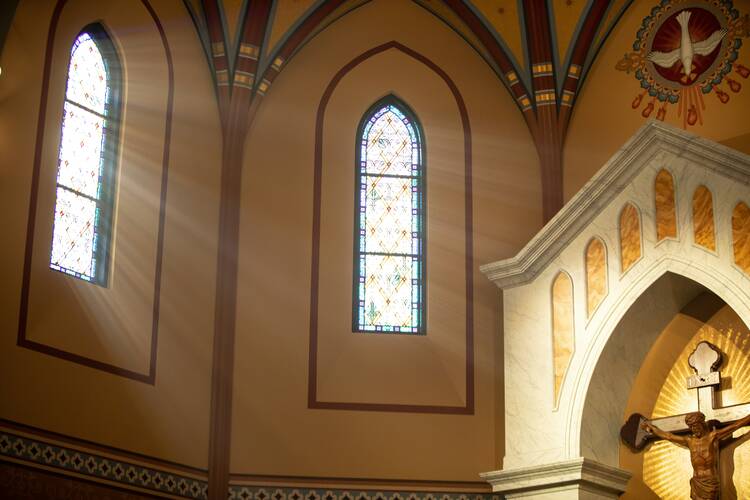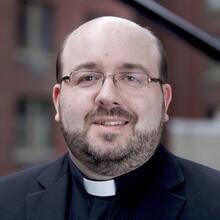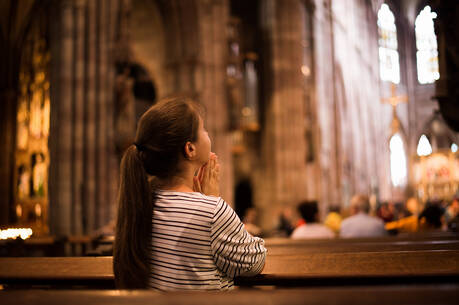A Reflection for Tuesday of the First Week of Lent
Find today’s readings here.
Even a little bit of experience in the pulpit will teach anyone who preaches how rare it is for a homily to be truly memorable. Sometimes, it seems, the details of what is preached don’t even hold in people’s memories to the end of the Mass and the handshake at the steps of the church.
And often, that’s fine—it’s part of what preaching is, as a ministry and as an art form. Homilies are not meant to be monuments for the ages, but aids to prayer and worship, helping all of us together get from listening to the Word of God to sharing the Eucharist. If a homily can do that, it does not matter whether or not anyone remembers it five minutes or five days or five weeks later.
But whenever this Gospel comes up in the readings, the Gospel where Jesus teaches his disciples to pray in the words of the Our Father, I remember a homily I first heard 25 years ago.
Father Michael Himes, a theology professor at Boston College, said the Wednesday noon Mass, and he was such a fine homilist that it was often packed. On Ash Wednesday, people showed up half an hour early to get a seat. If you want a taste of what he was like as a preacher, here’s a homily he preached for BC’s 150th anniversary.
But at one point, during a regular old daily Mass, he preached on the Our Father, and I still remember what he said, which went something like this:
I think you can boil this prayer, this fundamental prayer in the life of Christians, down to an even shorter form, and it goes like this. “Oh God, you’re God. And I’m not. And that’s a very good thing.”
One reason this is still with me a quarter century later, I think, is because it’s the very essence of helping us get from listening to the Word of God to sharing the Eucharist. At the core of the Our Father is the petition for our daily bread, but Father Himes helped us see that in asking for it, we make these fundamental confessions. “Oh God, you’re God”: Hallowed be thy name. Thy kingdom come. Thy will be done.
“And I’m not”: Give us this day … Forgive us our trespasses … Lead us not into temptation.
And the very good thing that these confessions help us recognize and ask for—it’s that our need of God, our not being God ourselves, our need to ask for our daily bread and to forgive as we are forgiven, is itself a grace. God gives us the gift of not being God, the gift of needing the life he provides so abundantly, day after day.
If he were still with us, I think Father Himes would chuckle to find that I still remember this homily. And I am sure that he would remind us that the only reason his homily exists is because there’s an even more profound memory of a homily Jesus once preached, teaching his disciples to call God “Our Father.”








